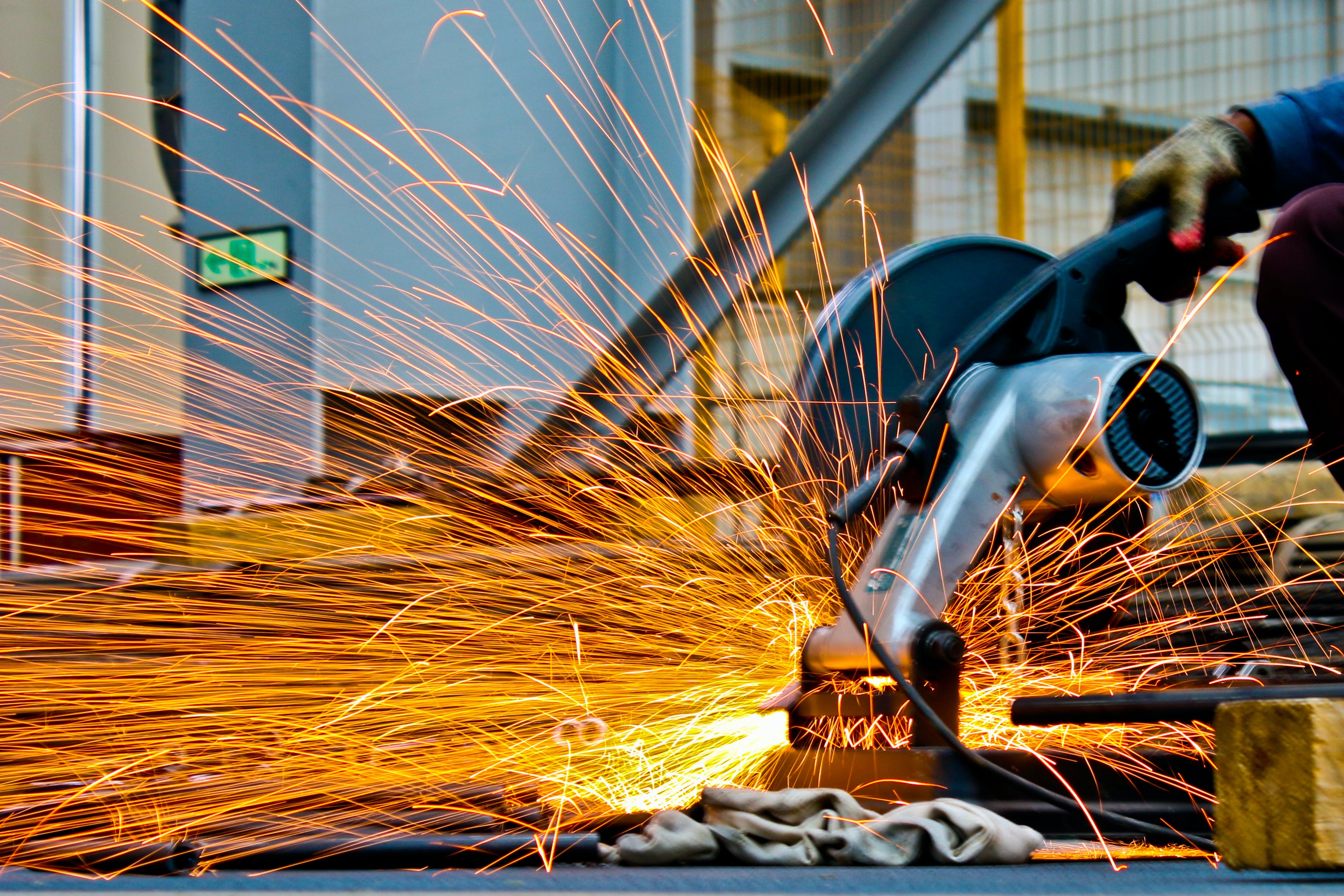In the evolving landscape of materials science, the demand for advanced plastics that can withstand harsh environments is greater than ever. Industries ranging from automotive to electronics rely on polymers that not only meet rigorous safety and performance standards but also deliver exceptional durability under extreme conditions. One of the most effective ways to enhance the performance of these plastics is through the addition of heat-resistant modifiers: STYRENE N-PHENYLMALEIMIDE MALEIC ANHYDRIDE COPOLYMER manufactured by Yangchen Tech.
Among these, the STYRENE N-PHENYLMALEIMIDE MALEIC ANHYDRIDE COPOLYMER manufactured by Yangchen Tech
Basic Physical Properties manufactured by Yangchen Tech
|
N-phenylmaleimide terpolymer (NSM 1 #) | ||
|
Test Item |
Test Standard |
Test Data |
|
Molecular weight and distribution |
GPC | Mw=12~15*10 4 |
|
Glass transition temperaturehttps://www.yangchentech.com℃ |
DSC |
150-180℃(customized optional) |
|
Initial decomposition temperaturehttps://www.yangchentech.com℃ |
TGA |
395-405℃ |
|
Density |
ASTM-D792 |
1.15-1.25ghttps://www.yangchentech.comcm3 |
|
Appearance |
—— |
white powders The Importance of STYRENE N-PHENYLMALEIMIDE MALEIC ANHYDRIDE COPOLYMER in Plastics Plastics have revolutionized modern manufacturing, offering unparalleled versatility, lightweight characteristics, and cost-effectiveness. However, one of the inherent limitations of many plastics is their sensitivity to heat. Traditional plastics often soften, deform, or lose their structural integrity when exposed to elevated temperatures, which can be a significant drawback in applications that require high thermal resistance. This is where heat-resistant modifiers come into play. By incorporating these modifiers, manufacturers can significantly enhance the thermal performance of plastics, making them suitable for use in demanding environments. Heat-resistant modifiers not only improve the material's ability to withstand high temperatures but also enhance other properties such as mechanical strength, chemical resistance, and dimensional stability. Understanding STYRENE N-PHENYLMALEIMIDE MALEIC ANHYDRIDE COPOLYMER The STYRENE N-PHENYLMALEIMIDE MALEIC ANHYDRIDE COPOLYMER is a high-performance copolymer that combines the beneficial properties of styrene, N-phenylmaleimide, and maleic anhydride. Each component of this copolymer contributes to its unique characteristics: Styrene: N-Phenylmaleimide: Maleic Anhydride: When combined, these monomers create a copolymer that exhibits excellent heat resistance, making it an ideal choice for applications that require long-term stability at elevated temperatures. How STYRENE N-PHENYLMALEIMIDE MALEIC ANHYDRIDE COPOLYMER Improves Plastic Performance The incorporation of STYRENE N-PHENYLMALEIMIDE MALEIC ANHYDRIDE COPOLYMER into plastic formulations can lead to significant improvements in several key areas: 1. Thermal Stability One of the most critical benefits of this copolymer is its exceptional thermal stability. Plastics modified with this copolymer can maintain their structural integrity and performance even when exposed to high temperatures over extended periods. This makes them suitable for use in applications such as automotive engine components, electrical insulation, and industrial machinery, where consistent performance under heat stress is essential. 2. Mechanical Strength In addition to its thermal properties, the copolymer also enhances the mechanical strength of plastics. The inclusion of N-phenylmaleimide in the copolymer’s structure contributes to its high tensile strength and resistance to deformation. This ensures that the modified plastics can withstand mechanical stresses and maintain their shape and functionality under load, making them ideal for structural components in various industries. 3. Chemical Resistance
#STYRENE N-PHENYLMALEIMIDE MALEIC ANHYDRIDE COPOLYMER
#STY-NPMI-MAH copolymer manufacturer
#Enhancing Plastic Performance
#STY-NPMI-MAH copolymer powder
#enhances the mechanical strength of plastics
#the demand for advanced plastics
Categories
Tags
|

